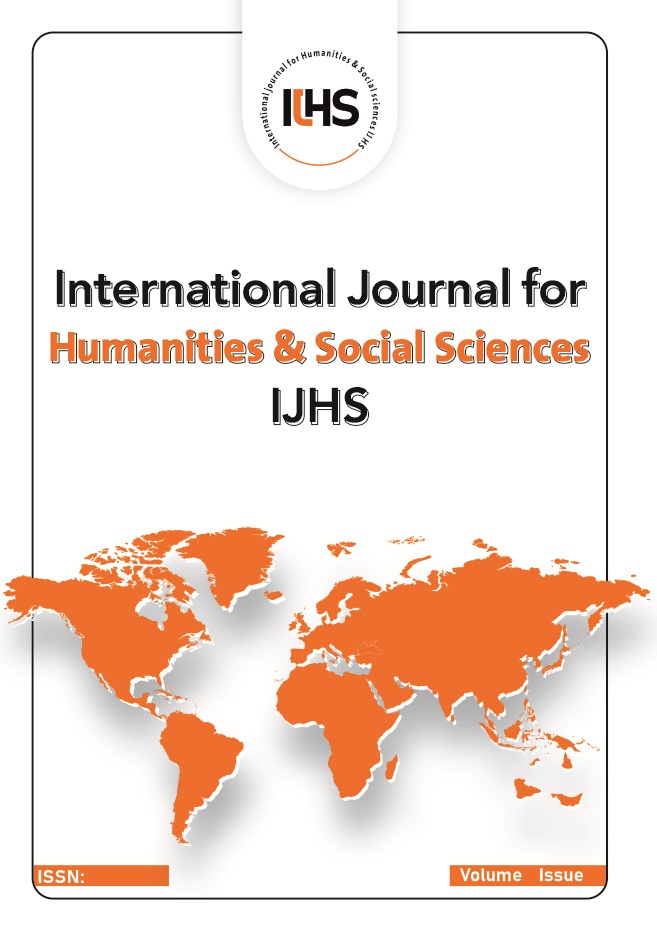THE ROLE OF STORYTELLING IN LITERACY DEVELOPMENT AMONG NIGERIA PRIMARY SCHOOL STUDENTS
Main Article Content
Abstract
This study examines the role of storytelling in literacy building and critical thinking skills among second language learners. Researchers have established strong significant relationship between storytelling and imaginative literary appreciation and achievements but less is known about how this pedagogic tool can enhance second language learners’ writing and reading skills. This is quasi-experimental research which purposively chose one hundred primary schools students divided into control and experimental groups. The experimental group was given literacy instruction through storytelling while the control had their instruction without the variable. The effect of storytelling on the learners’ outcomes was measured through observation, and post tests administered to the two groups to measure their reading and writing abilities. Results showed that the students in the experiment class showed curiosity in reading the assigned passages and scored higher than their counterparts in the control group. Results further showed that students in the experiment class were curious to discuss and write about their understanding of the story thereby increasing their oral communication skills than their counterparts. Results suggest inquiry-based instruction through storytelling as key to developing critical thinking, reading and communication skills among second/foreign language learners.
Article Details
International Journal for Humanities and Social Sciences (IJHS) is licensed under the http://creativecommons.org/licenses/by/4.0, which allows users to copy, create extracts, abstracts, and new works from the article, alter and revise the article, and make commercial use of the article (including reuse and/or resale of the article by commercial entities), provided the user gives appropriate credit (with a link to the formal publication through the relevant DOI), provides a link to the license, indicates if changes were made, and the licensor is not represented as endorsing the use made of the work. The authors hold the copyright for their published work on the IJHS website, while IJHS is responsible for appreciate citation of their work, which is released under http://creativecommons.org/licenses/by/4.0, enabling the unrestricted use, distribution, and reproduction of an article in any medium, provided that the original work is properly cited.

